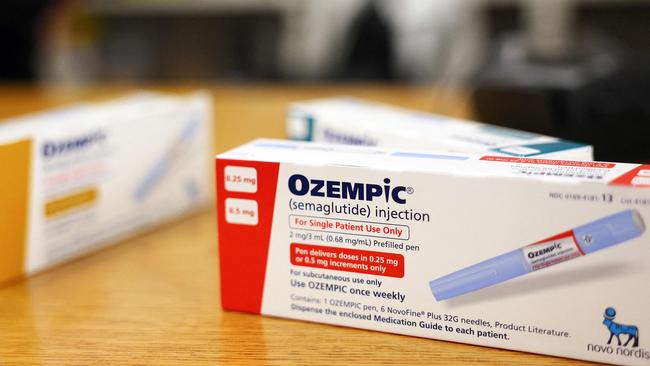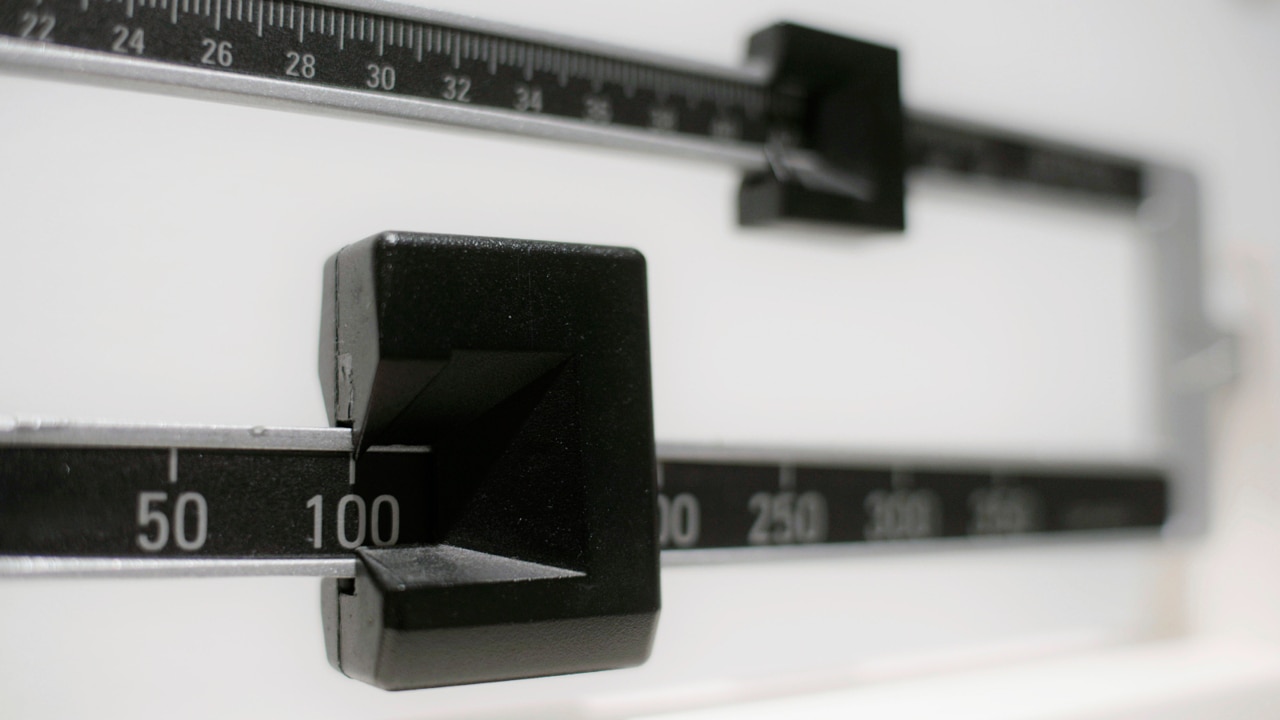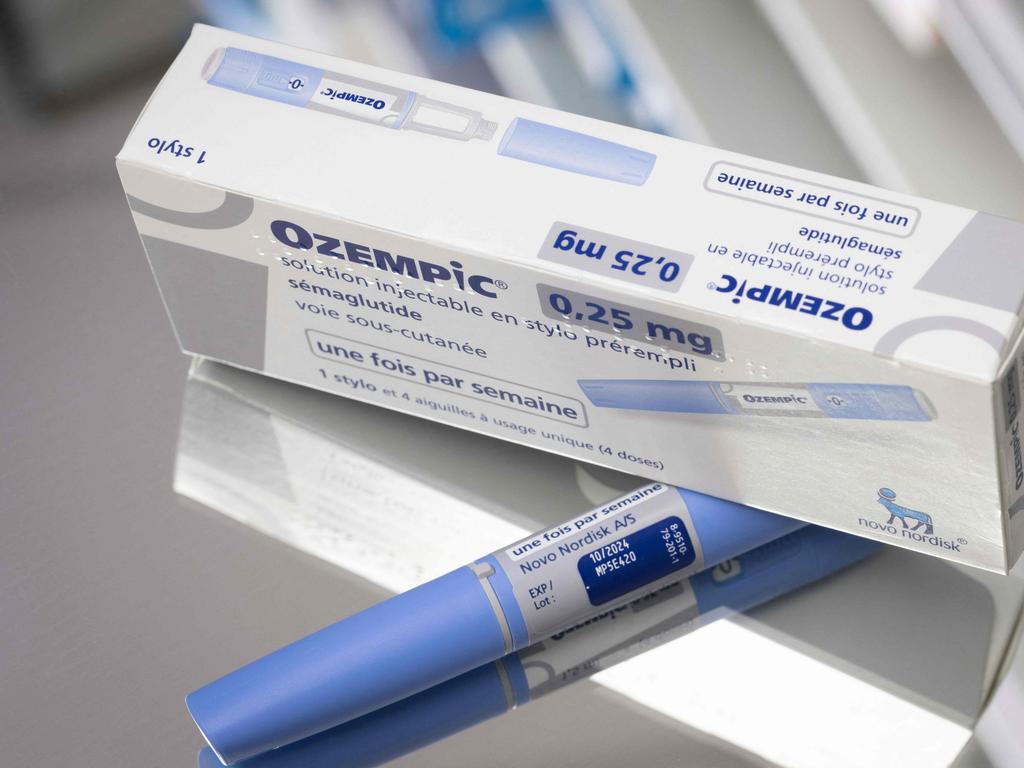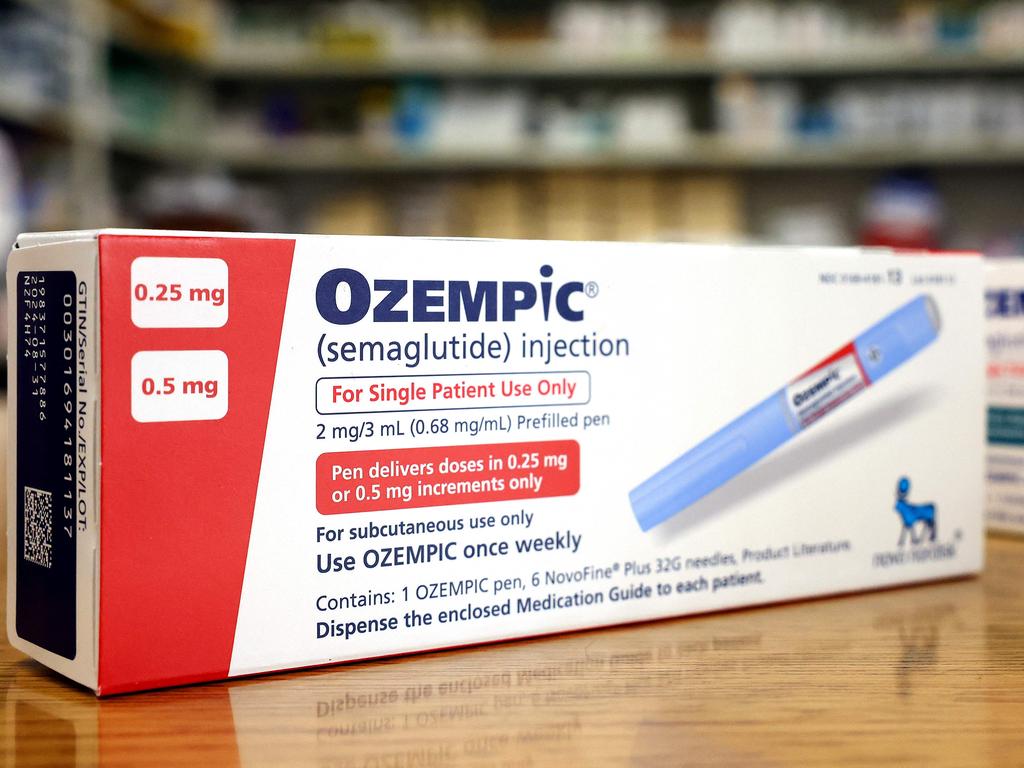Global health alert issued over fake Ozempic injections
Doctors warn patients are ending up in hospital after buying weight-loss injections online, with some developing complications after buying fake versions of the drug.

World health officials have issued a safety warning about potentially “life-threatening’’ fake Ozempic injections that have entered the UK’s supply chain.
The World Health Organisation (WHO) urged patients and doctors to be on alert for counterfeit batches of the weight-loss drug. It said that it had detected the medicine in the UK, the US and Brazil.
The WHO said that it was being “supplied in the regulated supply chain”, which means it has been provided by legitimate clinics or doctors and could affect NHS patients.
The WHO called for “diligence by national regulators” on batches of Ozempic and other weight-loss injections — and said people should look for warning signs, including spelling mistakes on the boxes.
Ozempic is the brand name for semaglutide, a drug manufactured by the Danish firm, Novo Nordisk. It is used to treat type 2 diabetes and “off-label” for losing weight.
The clamour for the drug has led to global shortages and supply has been unable to keep up with the demand.

The WHO said that there were “three falsified batches of Ozempic” being circulated in the UK, which were first detected in October last year. Novo Nordisk confirmed the products were fake.
The WHO said this posed a serious risk, adding: “The use of falsified Ozempic may result in the ineffective treatment of patients due to incorrect dosage, contamination with harmful substances, or use of unknown or substituted ingredients. It may pose other serious risks to health because of its subcutaneous injection administration that could be life-threatening.”
Health officials have been monitoring reports of fake weight-loss injections since 2022, but this is the first time a global warning notice has been issued.
Dr Yukiko Nakatani, from the WHO, said that it advises “healthcare professionals, regulatory authorities and the public be aware of these falsified batches of medicines”.
People should check Ozempic injections for warning signs and the WHO has issued the serial numbers from the fake batches. It urged patients to examine the pen and assess the label quality. The WHO added: “The carton may have spelling mistakes on the front of the box.”

Semaglutide is the first in a new generation of weight-loss injections known as GLP-1 agonists, which work by suppressing the appetite. Ozempic is used on the NHS for patients with type 2 diabetes, while Wegovy is used for obese patients.
The WHO alert has been issued amid safety concerns about the weight-loss drugs market. The Times exposed how online pharmacies are selling the products to patients who have lied about their weight online. The NHS has called for pharmacies to tighten restrictions, including weighing people in person before prescribing the drug, due to concerns the system is being abused by patients with eating disorders.
NHS doctors have warned that patients are ending up in A & E after buying weight-loss injections online. Some have needed hospital treatment or developed severe complications after buying fake versions of the drug.
Eli Lilly, the firm which manufactures tirzepatide (Mounjaro), the main rival to semaglutide, issued a statement warning of the dangers of counterfeit versions.
The company said it “is deeply concerned about the proliferation of online sales and posts on social media involving counterfeit, fake, compounded, and any other unsafe or untested versions of what they say is tirzepatide”.
It added that illegal online pharmacies were selling “substandard and falsified” weight-loss injections that are unsafe and put patients at risk.
The Times







To join the conversation, please log in. Don't have an account? Register
Join the conversation, you are commenting as Logout